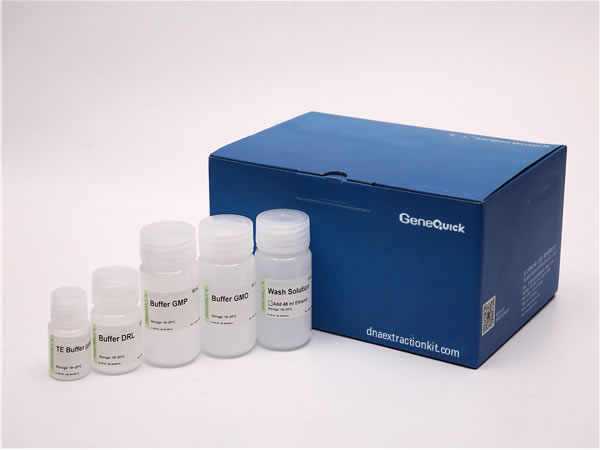What is Agricultural DNA Extraction Kit for Pollen?
An Agricultural DNA Extraction Kit for Pollen is a specialized scientific toolkit designed to isolate DNA from pollen grains. Pollen, which carries the male genetic material of plants, is a crucial component in agricultural research, breeding programs, and ecological studies. This kit provides all the necessary reagents and materials to efficiently break down the tough outer layer of pollen, release the DNA inside, and purify it for further analysis. By using this kit, researchers can obtain high-quality DNA from pollen samples, enabling them to study plant genetics, identify species, monitor biodiversity, or develop improved crop varieties without the need for complex laboratory setups.

Technical Specifications
| Model | Method | Sample | Application | Format | Workflow |
|---|---|---|---|---|---|
| AG-C-POL-20R | Column | Pollen | Agriculture | 20R | Manual |
| AG-C-POL-50R | Column | Pollen | Agriculture | 50R | Manual |
| AG-C-POL-100R | Column | Pollen | Agriculture | 100R | Manual |
| AG-C-POL-200R | Column | Pollen | Agriculture | 200R | Manual |
| AG-C-POL-8R | Column | Pollen | Agriculture | 8R | Semi-automated or Full Automation |
| AG-C-POL-24R | Column | Pollen | Agriculture | 24R | Semi-automated or Full Automation |
| AG-C-POL-48R | Column | Pollen | Agriculture | 48R | Semi-automated or Full Automation |
| AG-C-POL-72R | Column | Pollen | Agriculture | 72R | Semi-automated or Full Automation |
| AG-C-POL-96R | Column | Pollen | Agriculture | 96R | Semi-automated or Full Automation |
Working Principle
The principle behind an Agricultural DNA Extraction Kit for Pollen involves a series of biochemical steps to isolate DNA from pollen grains. First, the kit uses a lysis buffer to break open the pollen's tough exterior and release the cellular contents, including DNA. This is often followed by enzymatic or mechanical treatment to digest proteins and other contaminants. Next, a purification step, such as binding DNA to a solid phase like silica membranes or magnetic beads, separates the DNA from impurities. Finally, the DNA is washed and eluted in a buffer, resulting in a clean sample ready for analysis. This process leverages the affinity of DNA for specific surfaces under certain conditions, ensuring efficient recovery and high purity without damaging the genetic material.
Performance
The performance of an Agricultural DNA Extraction Kit for Pollen is evaluated based on its ability to yield pure, intact DNA with high efficiency. These kits are optimized to handle the unique challenges of pollen, such as its resistant sporopollenin coating and potential contamination from environmental factors. Typically, they deliver consistent results with high DNA concentration and purity, as measured by spectrophotometry, ensuring that the extracted DNA is suitable for sensitive downstream applications like PCR, sequencing, or genetic marker analysis. This reliability makes the kit a trusted tool in agricultural biotechnology, supporting advancements in crop science and sustainable farming practices.
Application
Agricultural DNA Extraction Kits for Pollen are widely used in various applications within the agricultural sector. They enable researchers to extract DNA from pollen for genetic studies, such as analyzing hereditary traits, detecting genetic variations, or identifying hybrid plants. In pollination ecology, these kits help monitor plant-pollinator interactions and assess biodiversity by DNA barcoding of pollen samples. Additionally, they are valuable in crop improvement programs, where extracted DNA can be used to develop markers for breeding resistant or high-yield varieties. The kit's versatility also extends to forensic botany and environmental monitoring, making it an essential resource for scientists and agriculturists aiming to enhance food security and ecosystem health.
Core Features and Advantages
The core features of an Agricultural DNA Extraction Kit for Pollen include its specificity for pollen samples, high yield efficiency, and user-friendly design. These kits are pre-optimized to handle the unique properties of pollen, such as its small size and robust coat, reducing the risk of sample loss or degradation. Advantages include rapid processing times, often completing extraction in under an hour, and scalability for high-throughput applications. They also minimize the use of hazardous chemicals, promoting safety in the laboratory. Moreover, the kits come with comprehensive protocols and support, making them accessible to both novice and experienced researchers, and ensuring reproducible results that drive reliable scientific conclusions in agricultural research.